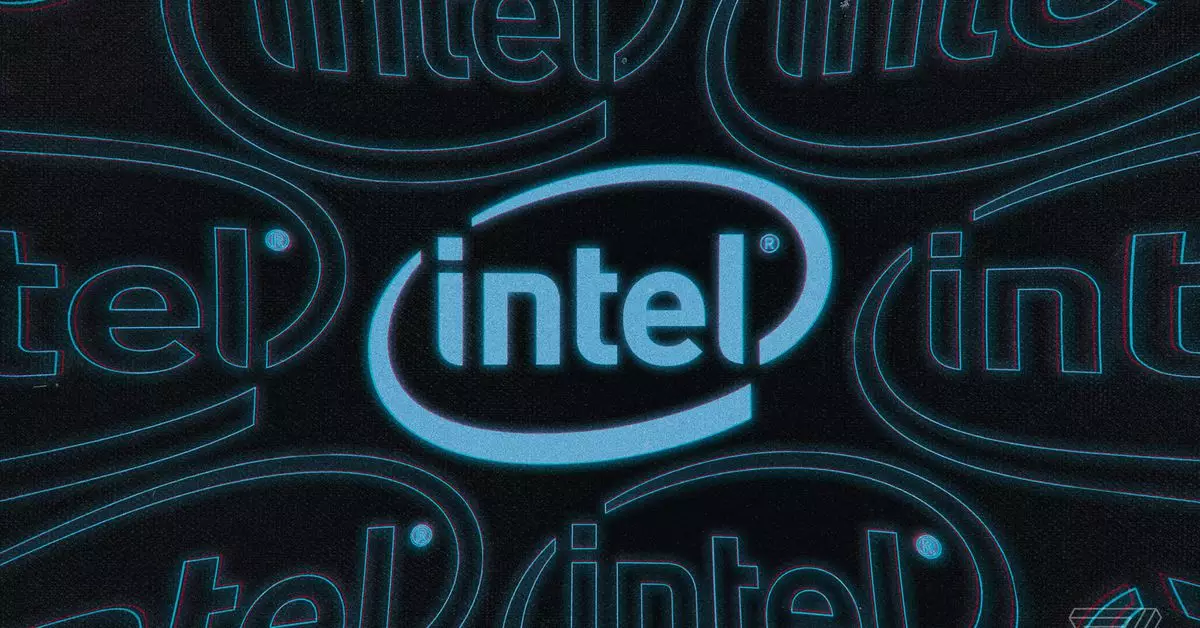Since their introduction, Intel’s Arrow Lake-based Core Ultra 9 200S-series processors have stirred mixed emotions among tech enthusiasts and gamers alike. While the prospect of innovative technology often generates excitement, the gaming performance of these new chips has proven to be a disappointing chapter in Intel’s storied history. Initial reviews illuminate a worrying trend: the performance metrics of these processors have not met expectations, particularly when compared to AMD’s rising star, the Ryzen 9800X3D. This raises important questions about the competitive landscape of CPU manufacturing, where gaming performance is a key battleground.
In a candid discussion with HotHardware, Intel’s VP and GM of client AI and technical marketing, Robert Hallock, attempted to provide context for the underwhelming reception. While he acknowledged that expectations for gaming supremacy should be tempered—that Intel did not intend for these chips to outperform AMD’s latest offerings—many were still surprised by how significantly the new models lagged behind. Even their predecessors, the Raptor Lake chips, seem to be outperforming Arrow Lake in various gaming scenarios, revealing potential missteps in design or execution. Despite gains in efficiency, as highlighted in reviews by Tom Warren, the overall message remains clear: performance in gaming is paramount, and Intel needs to bridge this gap swiftly.
One of the most pressing aspects of Hallock’s interview was his emphasis on accountability. He pointedly stated that performance issues encountered by the Arrow Lake series should be viewed strictly as Intel’s responsibility and not attributed to external factors such as operating systems or third-party applications. This direct admission not only showcases transparency but also elevates the urgency with which Intel is approaching the problem. Hallock’s indication that certain “unintended effects” may be contributing to the performance discrepancies suggests that the company is in a diagnostic phase, actively seeking solutions.
Looking Towards Solutions
The timeline provided by Hallock for a forthcoming update is promising but also indicative of the challenges ahead. Intel aims to share a comprehensive analysis of the issues plaguing the Arrow Lake processors by late November or early December. This commitment to elucidate the faults also implies a renewed focus on rectifying these issues, a crucial step if Intel hopes to regain the trust of gamers and hardware enthusiasts. The competitive landscape of CPU technology may hinge on the ability of Intel to bounce back from this setback, as consumer preferences continue to sway towards solutions that offer not only raw power but also seamless gaming experiences.
The Future of Intel in Gaming
Ultimately, the concern surrounding the Arrow Lake processors is more than an isolated incident; it reflects broader implications for Intel’s position in the tech industry. As AMD continues to leverage its advantages in gaming performance, Intel must act decisively to not only resolve the current deficiencies but also to restore its reputation as a leader in CPU innovation. The forthcoming updates may serve as a turning point, potentially guiding the company toward a more robust future. The gaming community will be watching closely, eager to see if Intel can recover and reclaim its footing in a fiercely competitive market.


Leave a Reply